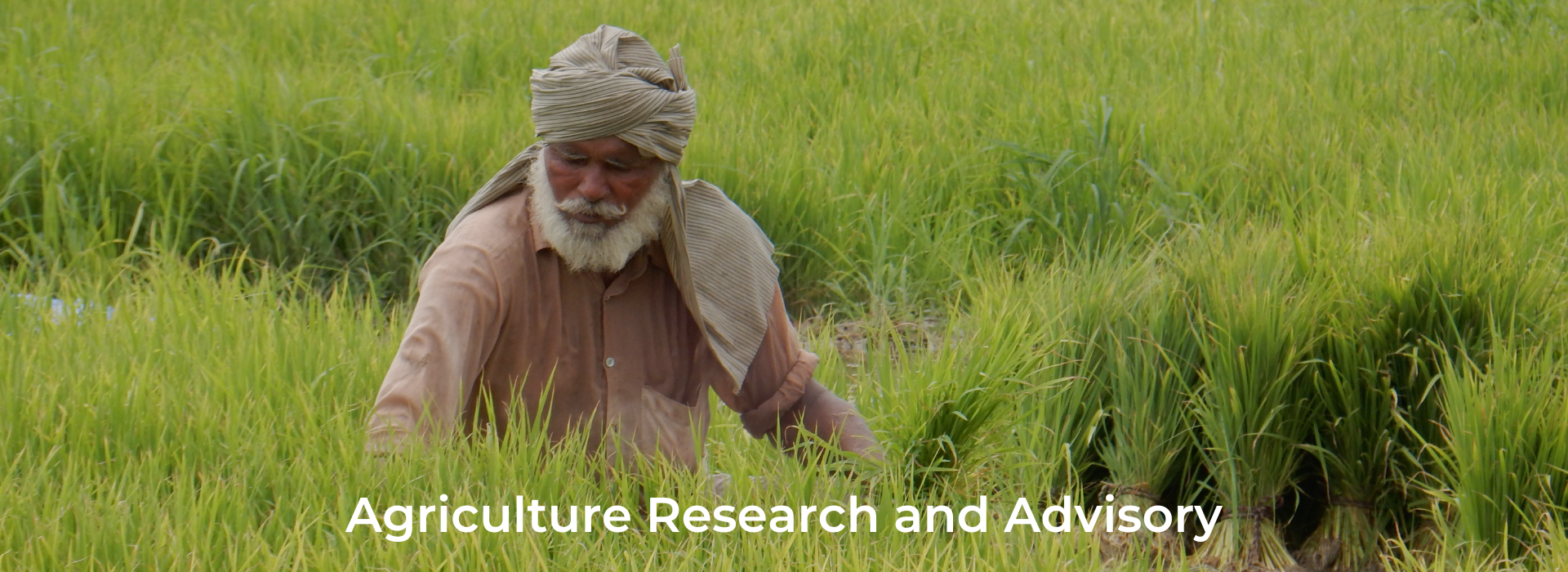IORA specializes in deploying state of the art technology and modelling to develop and implement environmentally viable agricultural solutions in partnerships with governments, corporates, and communities. We combine geospatial technology, climate modelling, statistical analysis, and socio-economic analysis to deliver tailored solutions.
Our services encompass Climate Vulnerability Assessments, Remote Sensing and GIS based analysis and Big Data analytics. We support climate mitigation and adaptation, socio economic research based interventions and develop market linkages.


